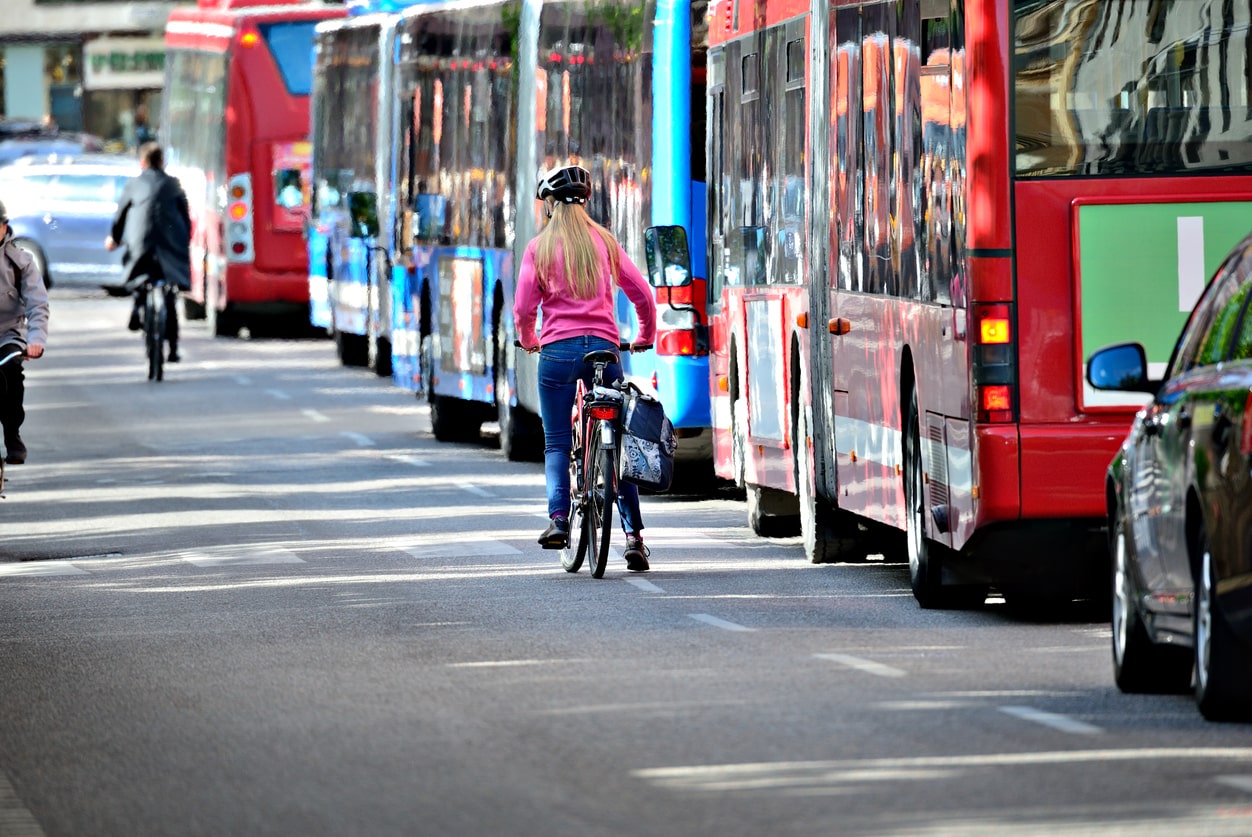SCS Researchers Partner with Mass Transit Operators for Better Technology
Caroline SheedyWednesday, August 14, 2024Print this page.

Carnegie Mellon University researchers are designing the future of transit with people who operate buses and other mass transit vehicles. In partnership with the Amalgamated Transit Union, Transport Workers Union and the AFL-CIO’s Technology Institute, Sarah Fox and Nikolas Martelaro, both assistant professors at CMU’s Human-Computer Interaction Institute in the School of Computer Science, are working to understand the impacts of autonomous technology on transportation workers’ jobs.
The research will inform new strategies for tools for pedestrian detection, lane centering, emergency response and social support. It is supported by Safety21, a U.S. Department of Transportation's National University Transportation Center at CMU, and will be presented at the Department of Transportation’s Future of Transportation Summit in August.
The team did a yearlong diary study with mass transit operators in the United States and Canada to better understand their routines. The idea was to get a series of snapshots of their days to examine how emerging technology affects operators’ safety, workload and needs. Fox said the approach was vital for understanding operators’ daily life.
“We really advocate for a human-machine teaming approach that is collaborative and interested in ensuring that operators are augmented by driver-assistance technologies to enhance safety,” she said.
Read more about the research from Fox and Martelaro on CMU's news site.
Aaron Aupperlee | 412-268-9068 | aaupperlee@cmu.edu
